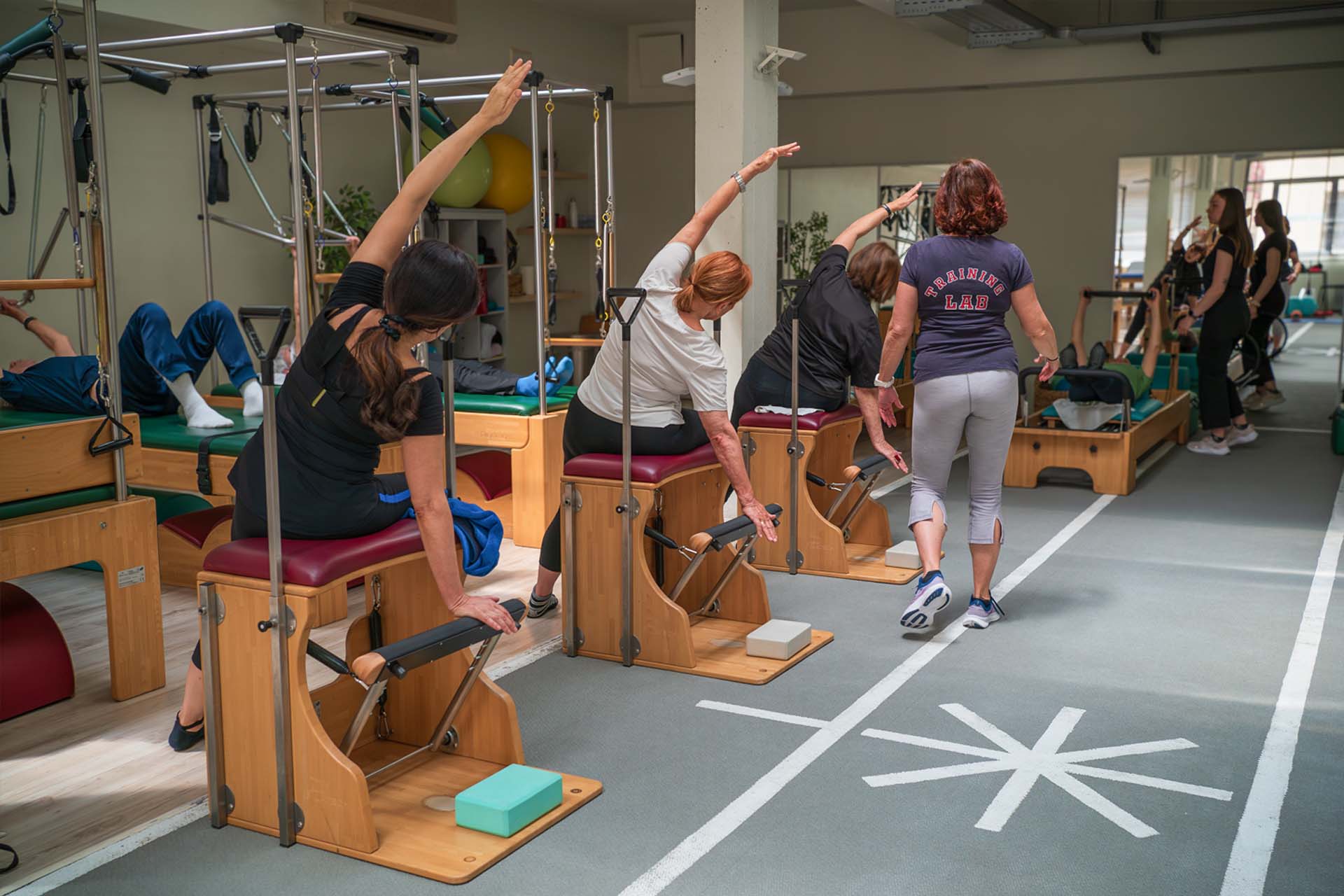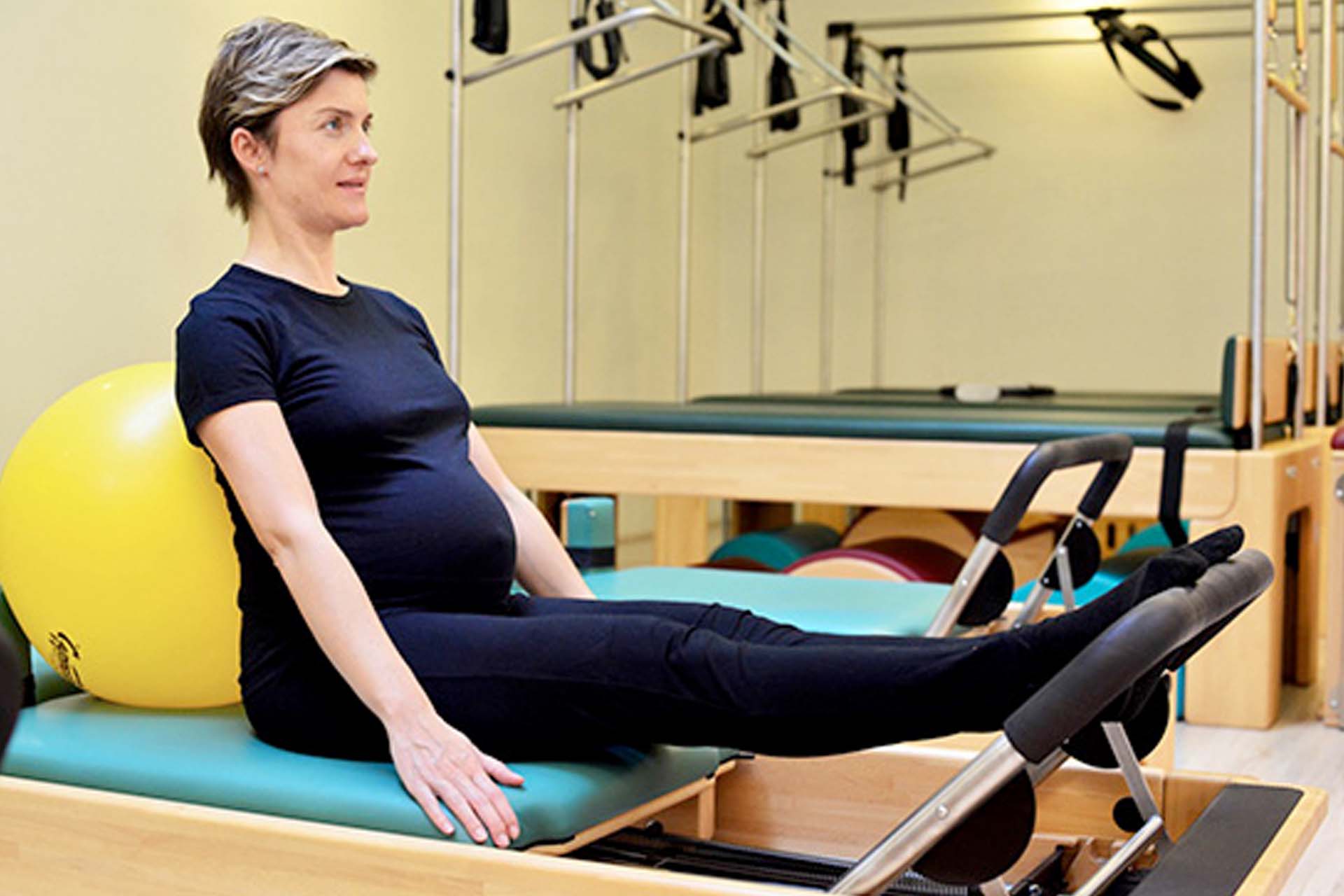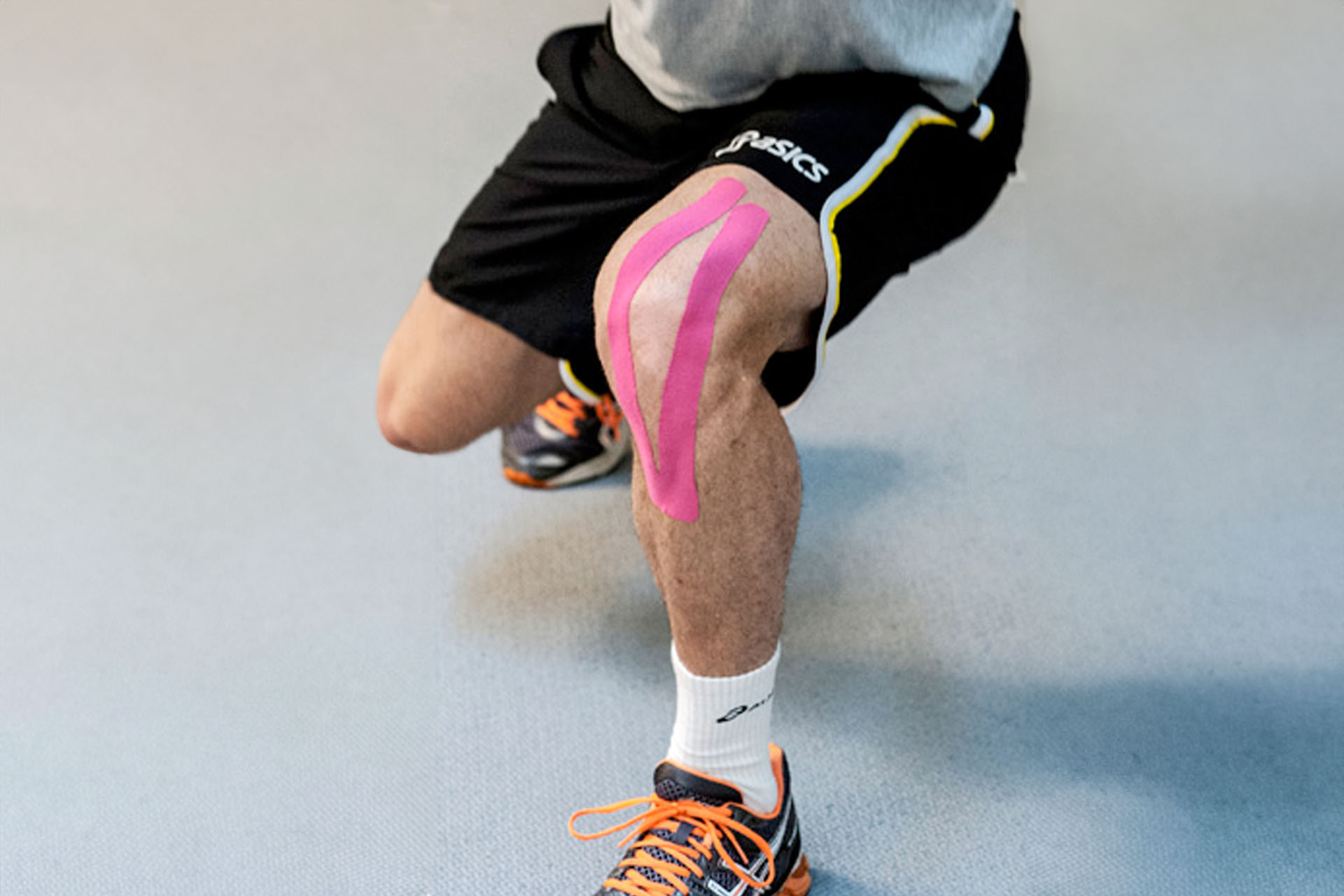Shoulder problems? Let’s start with the legs.
Training Lab Florence takes an innovative approach to shoulder rehabilitation, including conditions such as tendinitis, instability, tendon injuries and arthrosis. Following the latest clinical research, our method considers the shoulder joint in the context of the body’s overall kinetic chain.
Key Principles:
- Global Assessment:
-
- Before starting rehabilitation, we assess the Core (core muscles of the body) and lower extremities.
- We identify altered movement patterns and muscle weaknesses in the pelvis, hips, trunk, and shoulders.
-
- Specific Exercises:
-
- We treat flexibility limitations and muscle weaknesses with targeted exercises.
- Movement patterns should be addressed comprehensively, involving the entire kinetic chain.
-
- Flow of Exercises:
- Rehabilitation is developed through a “flow” of exercises that build stability and force generation.
- This approach ensures force control and maximum mobility of the distal segment.
The goal is to improve shoulder flexibility, strength, balance and endurance, ensuring optimal Core and lower extremity function for effective rehabilitation.
Related articles
Programmes and Courses
We offer a wide range of Pilates programmes designed to improve your balance,…
Special Programmes
Special Pilates programmes are targeted courses designed to address specific…
Rehabilitation Functional Knee
The knee pathologies we treat at Training Lab Firenze concern both problems…



